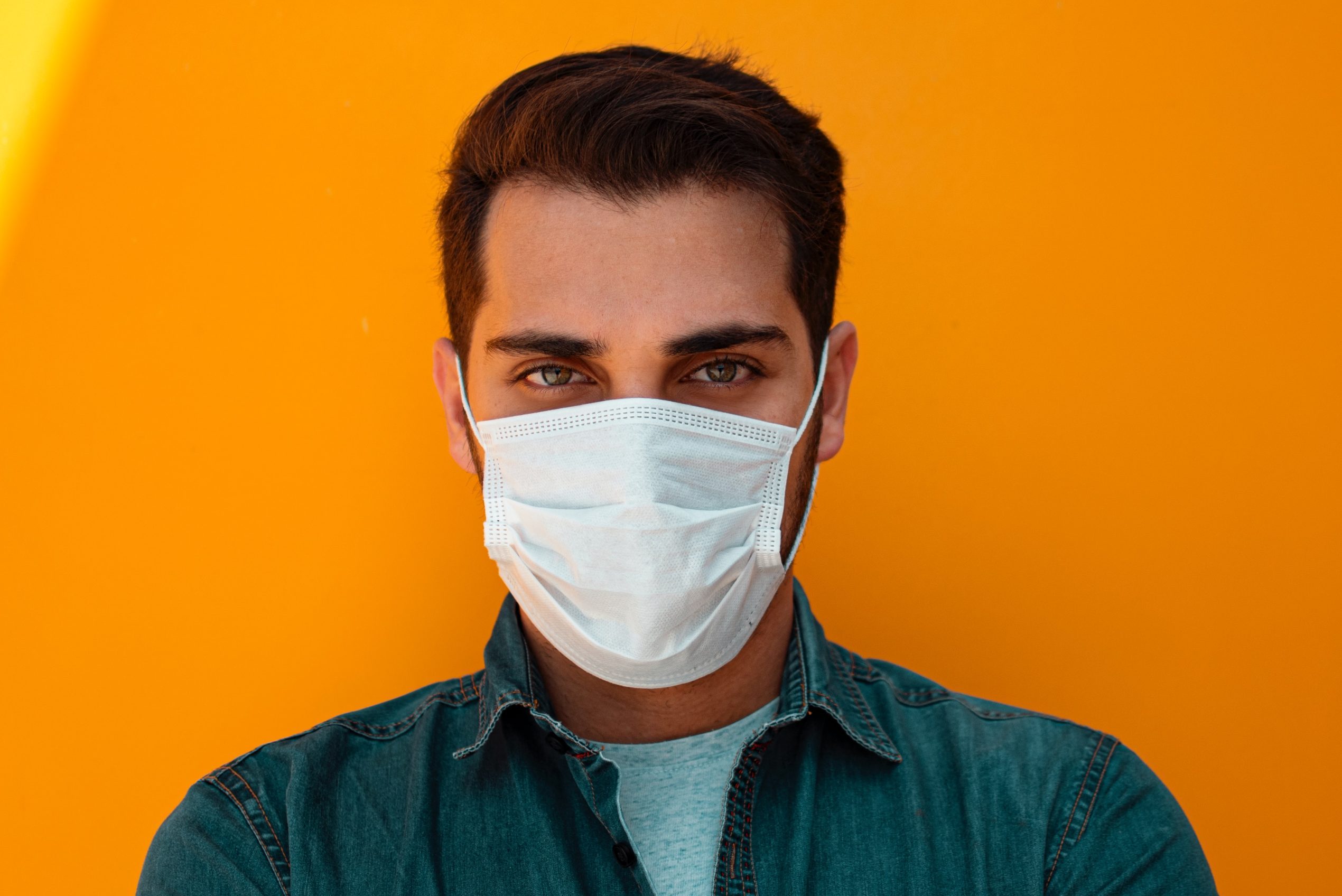As cold weather begins to settle in and temperatures drop across the country, more people are getting sick. While the U.S. continues to deal with the coronavirus, hospitals are experiencing yet another rise in flu and respiratory syncytial virus (RSV) cases this winter. The combination of these three viruses, known as the tripledemic, can threaten people’s respiratory and overall health, even if they don’t want to admit it.
Many young adults consider influenza in particular to be a mild illness despite its major effect on the daily lives of college students every year. Along with their coursework and other academic responsibilities, many students juggle sicknesses throughout the semester. Often calling them the “frat flu” and “college cough,” they are aware of the various illnesses they are at risk of catching, yet they rarely take preventative measures. Despite widespread information on how to avoid getting sick, the flu is still one of the most commonly reported sicknesses among college students.
Coming home poses a risk to students as well, as they’re likely spending time with friends and family members who have traveled from different locations. Not only can college students spread whatever illnesses they’ve caught on campus to people at home, but they are at a higher risk of getting sick themselves. Traveling also adds to the national risk of contracting the flu, as people from different destinations mix germs over the winter break.
People should take this tripledemic seriously. This season’s flu is especially contagious, and if precautions aren’t taken it can begin to spread as early as a full day before symptoms appear. Flu symptoms can last for about a week in adults, but they may persist even longer in children. If college students who contract the sickness are near young kids, the elderly or the otherwise immunocompromised, the consequences can be deadly.
People who are considered at-risk for severe cases of the flu can develop other illnesses from the initial infection, such as pneumonia or other bacterial infections. This population can also suffer heart attacks or strokes in response to the flu, which can be life-threatening.
Though flu symptoms for young adults are typically mild, it’s still important to be aware of the illnesses we can catch and spread. When students return for the semester, they’re more likely to go out with friends and participate in various social activities that involve large, often indoor, crowded areas such as clubbing and bar-hopping. There, it’s easy for students to come in close contact with those who are infected. All it takes is one night out with friends for an illness to develop.
The flu should be taken seriously by all populations, and students should take note if they experience any of its symptoms while they are at home with their families. Common symptoms of the flu include fever, sore throat, cough, stuffy nose and fatigue. Tracking the illness is important because, if infected, people can accidentally spread the flu to someone at a greater risk of death or severe illness.
If students are home and decide to attend a large gathering, they are advised to take different precautions to prevent their chances of catching something. The CDC considers vaccination to be one of the best ways to prevent the spread of an illness. There are different vaccines for both the flu and COVID-19, but not for RSV.
The CDC suggests practicing social distancing, covering any coughs and sneezes, washing your hands thoroughly and cleaning frequently touched objects and surfaces. It’s also advised that those who are infected with one of the tripledemic illnesses wear masks, test for active viruses before social gatherings and practice good hygiene.
If students and their families end up contracting an illness, most low-risk people are expected to recover within three to four days of initial infection, and most likely will not need to see their primary care physician. When sick, people should avoid contact with others and replenish their bodies with plenty of fluids. They can also take acetaminophen (Tylenol) and cold medicines to soothe their symptoms. Those recovering from sickness should stay in their homes for at least 24 hours after their fever subsides, avoid sharing food or utensils, and refrain from touching their eyes, noses or mouths. These precautions seem like common sense, but many who become infected seem to forget these simple safety recommendations.
With three different respiratory illnesses on the rise this winter season, students should stay aware of the health conditions around them. Everyone is at risk of contracting one of the three illnesses at some point, if not two of them at the same time. There are cases where someone will catch the flu and then COVID-19 right after. As long as students take the necessary precautions, they can easily prevent the spread of the tripledemic and keep their loved ones safe.
















